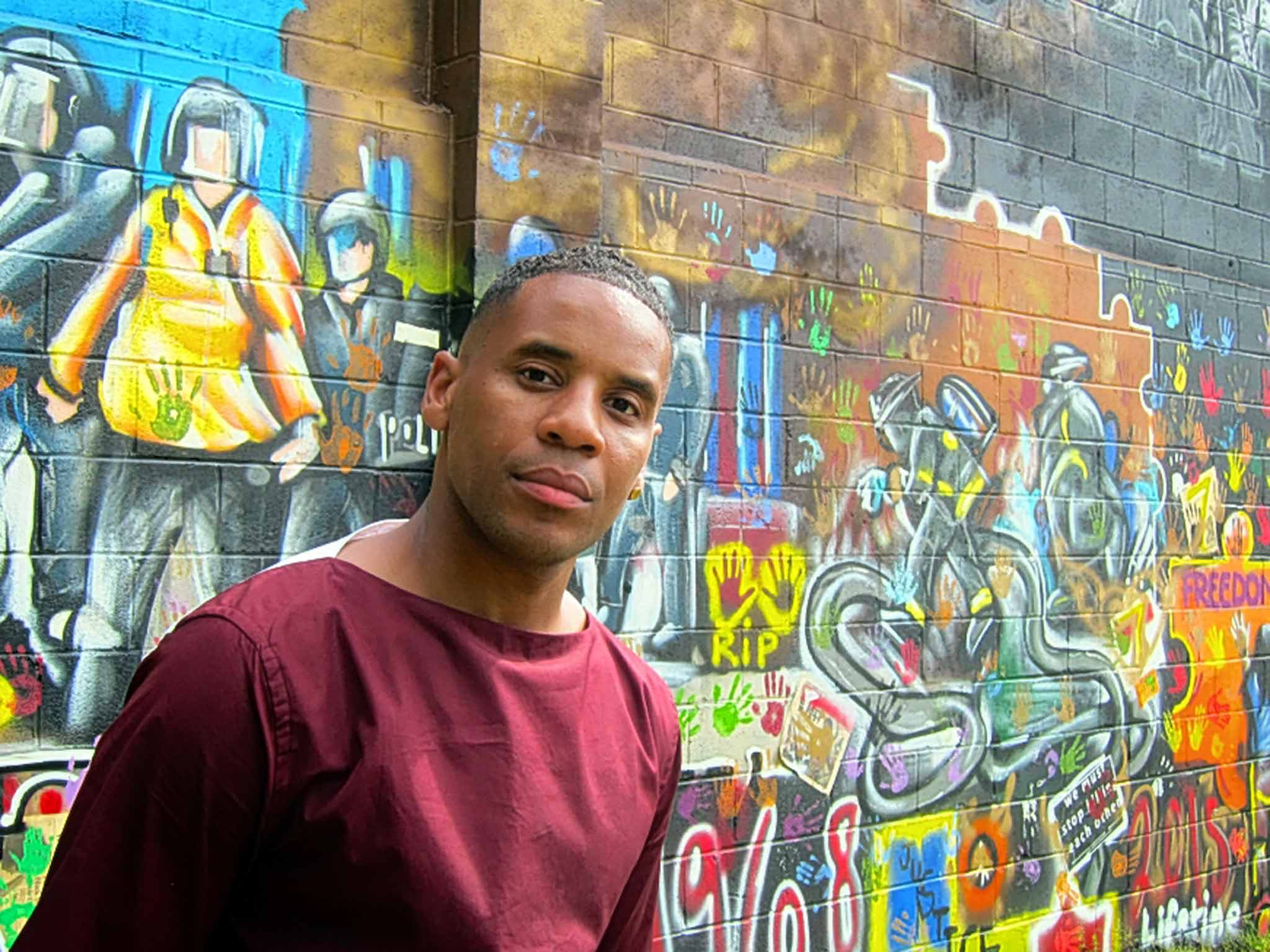In the age of no-platforming and uninspiring BBC documentaries, thank God for Reggie Yates
In this censorious age, where controversial figures are often shut down or banned from debates, Yates has managed to truly challenge reprehensible views

In recent years, BBC Three documentaries have been exceptionally awful. I can’t say I blame the corporation. It’s simply trying to cater to my generation: a group of men and women who feasted on Take Me Out at university - and sometimes need the big issues dumbed down.
As a result, we’ve been treated to the most appalling line up of documentaries, by so-called ‘documentary makers’. And I hate to insult my members of my own gender, but the worst offenders have been the ladies. From Dawn Porter to Cherry Healy to the abominable Stacey Dooley, I feel my brain has shrunk every time I have been subjected to their thoughts on issues such as drug culture, how to be lesbian and pampered dogs.
That’s why it came as a huge breath of fresh air when the BBC signed Reggie Yates to its documentary line-up.
I’ve never really thought much about Yates, other than ‘he seems like a nice guy’. But three episodes into his new series, Extreme UK, and I’m hooked – and ever so impressed by the way in which he probes into sensitive subject matters.
During Extreme UK, Yates has examined a variety of issues, such as homosexuality in BME communities and the rise of British men against feminism. In last night’s episode Dying for A Six Pack, Yates explored the UK’s new fitness culture – which sees thousands of men doing their utmost to achieve the ‘perfect’ physique.
What separates Yates from the Dooley Drooleys of this world is his tact and ability to make a television show that isn’t all about him. Yates has learned something masterful – that his questions alone are enough to expose holes in his subjects’ arguments. A rather rare feat in this censorious age, where controversial figures are often shut down or banned from debates. Rarely are they listened to.
But listen Yates does. He drinks cups of tea with sexists and other bigots, all the while remaining calm and detached. His Socratic style not only means that his interviewees open up to him rather readily, but also makes for a far more balanced and interesting debate. He is exceptionally brave; at one point he is barraged with racist abuse for trying to find interview subjects from the ‘manosphere’ – an internet group that promotes male rights - but remains focused on his mission.
What I like most about Yates is that he can articulate his findings in a simple way. He is clearly a very clever and unassuming chap – one whom I might also fancy a bit – and through his television shows I hope he can teach young people not only about the subjects he covers, but the importance of listening to different perspectives, no matter how offensive one might seem.
It’s hard to take a Radio 1 DJ and former Top of the Pops DJ seriously as an investigative journalist. But this time round, we should. For through his BBC Three range, Yates has shown himself to be a real tour de force in this field – and has proven that the way to deal with controversial figures is to give them enough rope to hang themselves with, rather than to refuse to let them speak.
Join our commenting forum
Join thought-provoking conversations, follow other Independent readers and see their replies
Comments
Bookmark popover
Removed from bookmarks